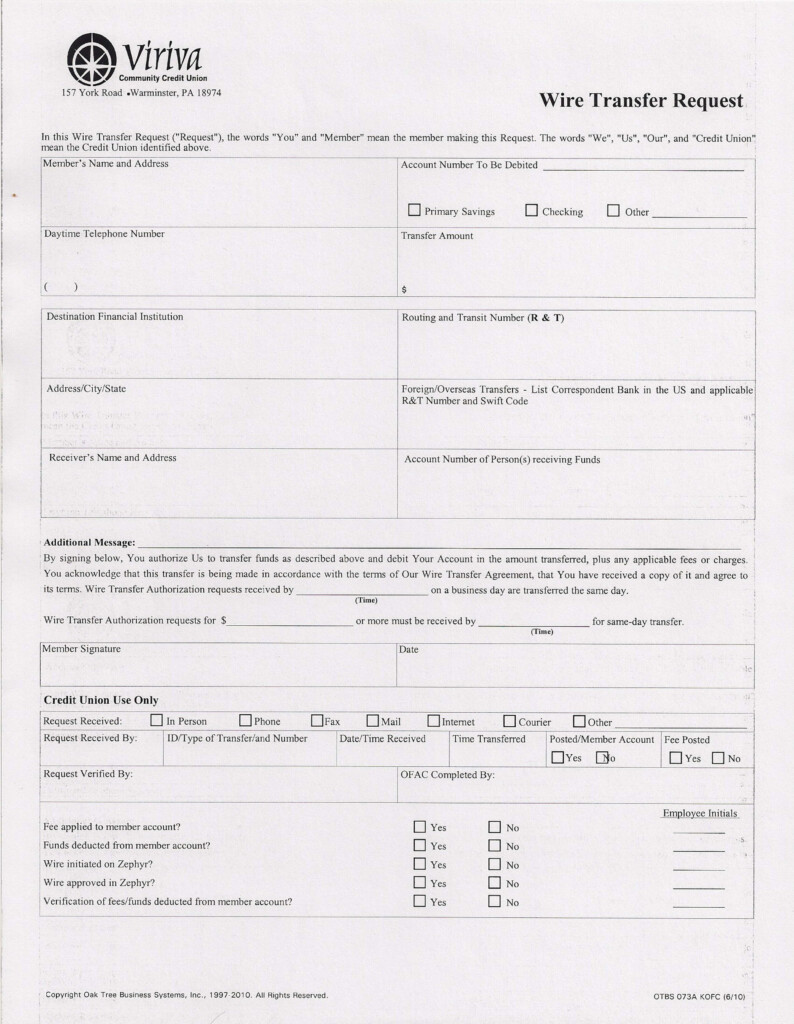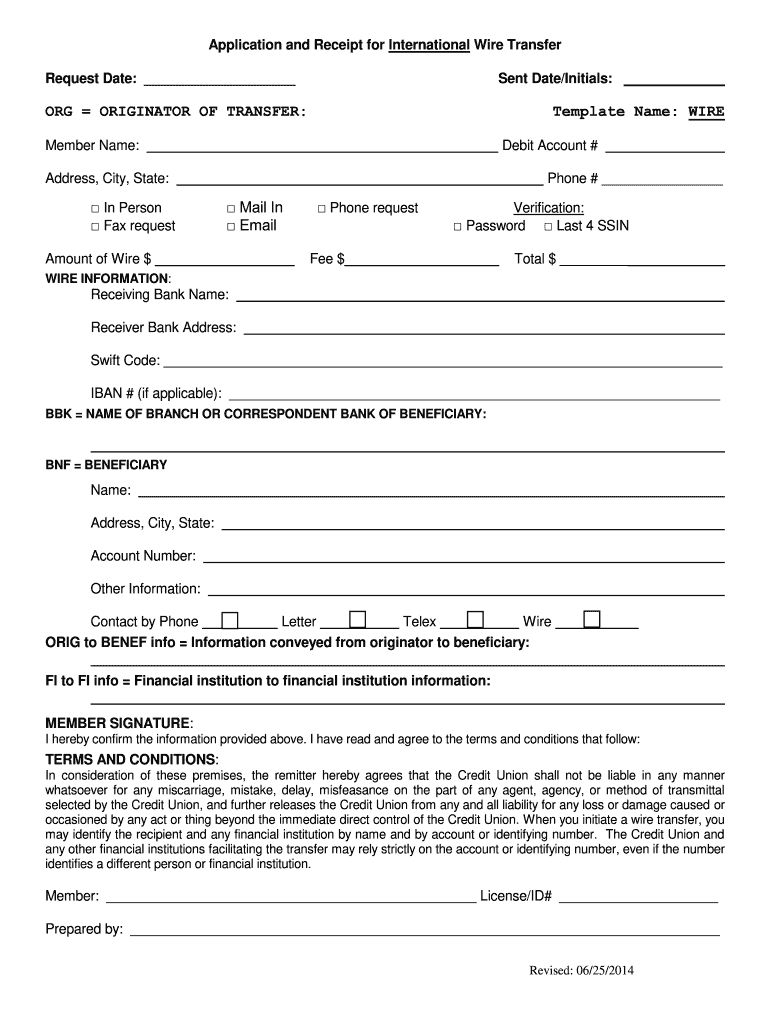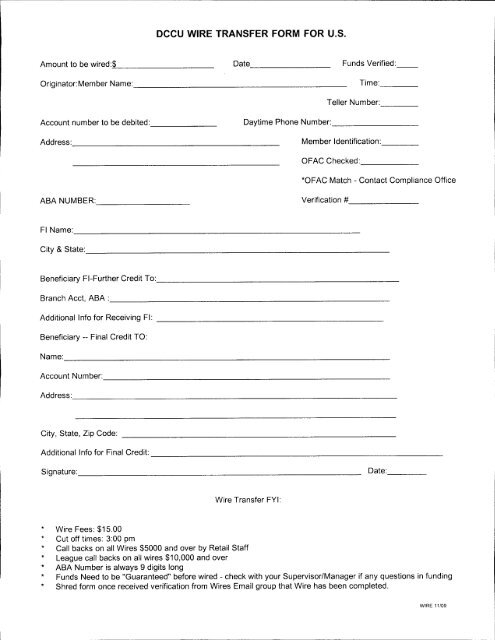Delta Community Credit Union Wire Transfer Form – If you’re uncertain about the process of transferring it is possible to submit you with the Transfer Credit Acquired Form or TCAF. There’s a possibility that you’ve a course which you did not finish and haven’t been awarded a grade for, and you’re wondering if you can use it for your degree. The good news is that you can. Commonly, courses that earn a C or better don’t require a material revision. However, be aware it is not transferable into a specific U.M. course is considered departmental course credit. If it’s not departmental credit, you cannot apply it to a U-M-specific course and may not be able to meet the requirements for a degree.
The coursework must be graded equal to a C grade or better
In order for your courses to be transferred and be eligible for transfer credit, they must earn the grade of C or higher. In order to be eligible for credit for transfer, they must be taken from an accredited institution for example, the Higher Learning Commission or the Middle States Association of Colleges and Schools (MASAC). International programs are evaluated upon an individual basis. Official transcripts need to be provided at the CCS. The previous institution you attended must accept the courses.
If you wish to transfer credits to your previous college, courses taken at a foreign institution must be graded with a of C or better. Pass/Satisfactory grades are not considered transferable, nor are college algebra, college developmental courses, or career and technical courses. However, this policy has been updated during the COVID-19 pandemic, and any courses that were previously taken are now accepted.
Transfer credit courses which are offered by institutions with regional accreditation must have been awarded a grade in the range of “C” or better in the previous institution. To transfer credits they must have a similar scope and contents. While a C is the most basic requirement for transferable credit However, some institutions will accept ratings of “D” or higher. Accreditation bodies include those of the Middle States Association of Colleges and Schools, the New England Association of Schools and Colleges and the Northwest Association of Schools and Colleges, and Southern Association of School and Colleges.
TCEL contains courses that have transferred to Clemson before. It’s not a comprehensive listing, and any courses not mentioned in this listing will need to be evaluated when you apply to Clemson. A TCEL listing also includes Equivalencies for courses, however, the listing doesn’t show any differences in terms of credit hour between institutions. The TCEL lists courses that are comparable to those offered at other colleges but the Office of Admissions’ evaluations are based on the latest information.
While your prior work might be acceptable in some cases, it is vital to revisit its academic consequences. If you are unable to complete the required course work take into consideration retaking the course. Make sure you earn at least a “C” in the course and also meet any stipulations required by the university. Retaking a course two or three times will impact your cumulative GPA which is why you must be aware when you are deciding whether or not to repeat it.





